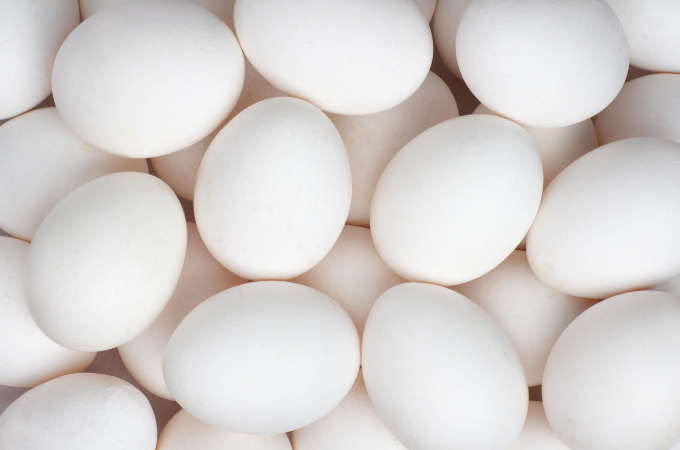A New Shady Grove Fertility Study Confirms Fresh and Frozen Eggs Yield Similar Pregnancy Rates
Technology that allows patients to preserve eggs or embryos is not new. However, in the past, pregnancy rates from frozen eggs and embryos using older freezing technology were inferior to those from fresh eggs and embryos. Poorer outcomes were due largely to damage caused by ice crystals formed during the slow-freeze cryopreservation process. Vitrification, a fast-freeze technology, was introduced in 2009, and when used by laboratories expert in the technique, vitrification essentially eliminates the formation of ice crystals and results in improved success rates from vitrified eggs and embryos.
Non-Donor Frozen Eggs Produce High Success Rates
Previous studies have evaluated pregnancy rates from vitrified donor eggs. Egg donors are generally younger fertile women who have been rigorously screened to ensure their eggs will provide optimal pregnancy rates. Since eggs from this population of women are, by definition, high quality, it is not surprising that even following vitrification and thaw, they result in high rates of success.
This new study evaluated success from eggs that women opted to have vitrified for their own future use. With 128 autologous (a.k.a. using one’s own eggs) fertility preservation cycles analyzed, this constituted one of the largest studies of its kind. Researchers evaluated success from vitrified eggs among of three patient groups:
- Women delaying child-bearing who wanted to preserve the possibility of having children from their own eggs at a later date
- Patients desiring limited insemination of eggs to reduce the number of embryos formed
- Patients with an unexpected lack of sperm at retrieval
The study showed that outcomes from autologous vitrified eggs were as good as those obtained by women of the same age who used ‘fresh’ (never vitrified/thawed) eggs. Specifically, the rates of fertilization, implantation, pregnancy, and birth were all as high among women who used vitrified eggs as the rates of women who used fresh eggs.
Armed with this information, women seeking fertility preservation for elective egg freezing, couples who need to freeze unexpectedly, as well as those who freeze intentionally to limit the number of embryos formed can rest assured that their chances of success are not impaired by using frozen eggs.
Understand How Many Frozen Eggs a Woman Needs to Build a Family
In addition to showing promising pregnancy rates with frozen eggs, the study also established a correlation between maternal age at the point of egg freezing, the number of eggs frozen, and the number of pregnancies that could potentially result. Previously, physician used generalizations, but now patients have access to real data that enables them to make more informed decisions to determine whether additional treatment cycles are needed to increase the number of eggs they have frozen. For example, a woman between the ages of 35 and 37 with 18 eggs frozen has approximately a 70 percent chance of having one child, a 40 percent chance of having two children, and a 15 percent chance of having three children. Based on this data, if she wants to increase her odds of having more than one child, she may consider an additional egg freezing cycle to increase the number of frozen eggs and statistically increase the probability of having more children.
About the American Society for Reproductive Medicine (ASRM) Annual Meeting
ASRM 2015 is the premier National education and research meeting for the field of Reproductive Endocrinology and Infertility. Plenary lectures will address state-of-the-art issues in reproductive medicine and science.
The outlook for patients with infertility continues to brighten year after year, thanks to the thousands of professionals who dedicate their lives to improving outcomes for fertility treatment. The range of ASRM’s expertise and influence draws from doctors, nurses, and researchers to business experts, pharmaceutical companies, advocacy organizations, and, of course, patients themselves. Shady Grove Fertility continues to play a leading role in clinical research and practice policy at the national level.
If you would like to schedule an appointment with a fertility specialist, please speak with one of our New Patient Liaisons at 877-971-7755.





